Michael Gnarowski Series Editor The Dundurn Group presents the Voyageur Classics series, building on the tradition of exploration and rediscovery and bringing forward time-tested writing about the Canadian experience in all its varieties. This series of original or translated works in the fields of literature, history, politics, and biography has been gathered to enrich and illuminate our understanding of a multi-faceted Canada. Through straightforward, knowledgeable, and reader-friendly introductions the Voyageur Classics series provides context and accessibility while breathing new life into these timeless Canadian masterpieces. The Voyageur Classics series was designed with the widest possible readership in mind and sees a place for itself with the interested reader as well as in the classroom. Physically attractive and reset in a contemporary format, these books aim at an enlivened and updated sense of Canadas written heritage.
OTHER VOYAGEUR CLASSICS TITLESThe Blue Castle by Lucy Maud Montgomery,
introduced by Dr.
Collett Tracey
978-1-55002-666-5 Canadian Exploration Literature: An Anthology,
edited and introduced by Germaine Warkentin
978-1-55002-661-0 Empire and Communications by Harold A. Innis,
introduced by Alexander John Watson
978-1-55002-662-7 The Letters and Journals of Simon Fraser 18061808,
edited and introduced by W. Kaye Lamb, foreword by Michael Gnarowski
978-1-55002-713-6 Maria Chapdelaine: A Tale of French Canada by Louis Hmon,
translated by W.H. Blake, introduction and notes by Michael Gnarowski
978-1-55002-712-9 Mrs. Simcoes Diary by Elizabeth Posthuma Simcoe,
edited and introduced by Mary Quayle Innis, foreword by Michael Gnarowski
978-1-55002-768-6 Selected Writings by A.J.M. Smith,
edited and introduced by Michael Gnarowski
978-1-55002-665-8
IN THIS POEM I AM
SELECTED POETRY OF ROBIN SKELTON INTRODUCED AND EDITED BY HAROLD RHENISCH

Copyright Alison Faulkner and Brigid Skelton, 2007 All rights reserved.
No part of this publication may be reproduced, stored in a retrieval system, or transmitted in any form or by any means, electronic, mechanical, photocopying, recording, or otherwise (except for brief passages for purposes of review) without the prior permission of Dundurn Press. Permission to photocopy should be requested from Access Copyright. Editor: Michael Carroll Copy-editor: Marja Appleford Designer: Erin Mallory Printer: Marquis Library and Archives Canada Cataloguing in Publication Skelton, Robin, 1925-1997. In this poem I am : selected poetry of Robin Skelton / edited and introduced by Harold Rhenisch. ISBN 978-1-55002-769-3 I. Title. Title.
PS8537.K38A17 2007 C811.54 C2007-904677-0 1 2 3 4 5 11 10 09 08 07  We acknowledge the support of the Canada Council for the Arts and the Ontario Arts Council for our publishing program. We also acknowledge the financial support of the Government of Canada through the Book Publishing Industry Development Program and The Association for the Export of Canadian Books, and the Government of Ontario through the Ontario Book Publishers Tax Credit program, and the Ontario Media Development Corporation. Care has been taken to trace the ownership of copyright material used in this book. The author and the publisher welcome any information enabling them to rectify any references or credits in subsequent editions. J. Kirk Howard, President Printed and bound in Canada.
We acknowledge the support of the Canada Council for the Arts and the Ontario Arts Council for our publishing program. We also acknowledge the financial support of the Government of Canada through the Book Publishing Industry Development Program and The Association for the Export of Canadian Books, and the Government of Ontario through the Ontario Book Publishers Tax Credit program, and the Ontario Media Development Corporation. Care has been taken to trace the ownership of copyright material used in this book. The author and the publisher welcome any information enabling them to rectify any references or credits in subsequent editions. J. Kirk Howard, President Printed and bound in Canada.
Printed on recycled paper. www.dundurn.com Dundurn Press 3 Church Street, Suite 500 Toronto, Ontario, Canada M5E 1M2 Gazelle Book Services Limited White Cross Mills High Town, Lancaster, England LA1 4XS Dundurn Press 2250 Military Road Tonawanda, NY U.S.A. 14150 For Sylvia
CONTENTS
The Edge of TimeLimitsLimitsLimitsTimelightLimitsDistancesLimitsDistancesCollected Shorter Poems 19471977Facing the LightBegging the DialectTimelightThe Dark WindowCollected Shorter Poems 19471977LimitsLimitsLimitsLandmarksCollected Longer Poems 19471977;
A Different Mountain (1971);
Private Speech: Messages 19621971Because of LoveBecause of LoveThe Dark WindowThe Hunting DarkOpeningsDistancesBecause of LoveBecause of LoveBecause of LoveBecause of LoveSelected Poems 19471967OpeningsBecause of LoveTimelightOne Leaf Shaking: Collected Poems 19771990OpeningsOpeningsOne Leaf Shaking: Collected Poems 19971990TimelightSelected Poems 19471967DistancesSelected Poems 19471967TimelightLandmarksBegging the DialectA Ballard of Billy BarkerSelected Poems 19471967Popping FuchsiasThree for Nick (Chapbook, 1995)
Facing the LightFacing the LightTimelightFacing the LightA PORTRAIT OF THE POET AS A BOOK: AN INTRODUCTION BY HAROLD RHENISCH
I n a country in which poetry has been largely a private and apologetic pursuit, Robin Skelton played the part of the poet with grand style: flowing beard, a mane of white hair, rings on every finger, a huge amulet around his neck, all topped off with a black hat that looked as if it came from a gondolier in Venice but really was picked up at the re-enactment of a Cariboo Gold Rushera general store in Barkerville in the British Columbia Interior. Robin Skelton looked as if he was onstage. He was. Skeltons intellectual reputation was equally eclectic: scholar of the Irish Renaissance, artist, witch, art collector, novelist, storyteller, spellmaker, surrealist, anthologist, poet, editor, husband, translator, father, exorcist, lover, reviewer, shaman, friend, chain-smoking rescuer of drowning bottles of Jamesons Irish Whiskey, scryer, teacher.
It would all be dauntingly incongruous, except that Robin Skelton came from an age in the world when scholars were conversationalists, able through their familiarity with the tradition to see patterns where others did not and, above all, to bring ideas and people together. Skeltons first act as a poet and an intellectual was to make the man we knew as Robin Skelton. That man was the delivery vehicle the human equivalent of a book for an entire world. The book, Robin Skelton, however, was a man of contradictions. He lived for the innovative, the philosophical, and the new after all, his poetic roots were in surrealism but he did so as a nineteenth-century man of letters, not a twentieth-century one. He let his hair and beard grow for twenty-five years, too, untrimmed, like a Welsh Samson not as a countercultural protest, but because, without any McLuhanesque the-medium is the message fuss, he believed in embodying, not discussing, his ideas and beliefs.
And he was generous about it. In the same way the alchemist John Dee fled the political intrigues of the sixteenth-century London court to set up the greatest library in England in the seclusion of goosey, rural Margate, Robin Skelton left the funereal academic world of Manchester to live in a big old house in Oak Bay, British Columbia, which he turned into a shrine to poetry and art. Actually, it was more an alchemical diagram of the human heart than a house in any recognizable sense, with mystery novels stacked up in the kitchen, ghost stories in the haunted back bedroom, sagging shelves of humour in the loo, goddesses (rescued from flea markets) spilling off the mantel and encroaching on the living room, modernist paintings covering every conceivable inch of wall space, and one of the worlds best collections of Irish poetry on the somewhat spiralling stairs leading to the second storey where oak and apple trees knocked at the windows. Within this magical chamber and propelled by it into the world, Robin Skelton was larger than life, a man who read his poetry to all comers in a sonorous voice honed with the British Broadcasting Corporation and who opened his house weekly to ply an entire city with wine in celebration of art. He was a university. More privately, Robin Skelton was a healer of broken bones, a revenant releasing ghosts from the pain that kept them on this earth, and a celebrant who brought children to the world by the touch of his hands.


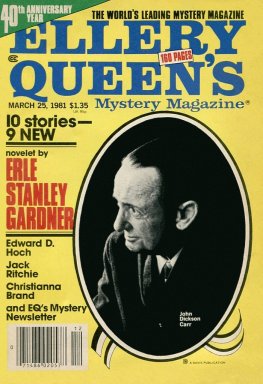



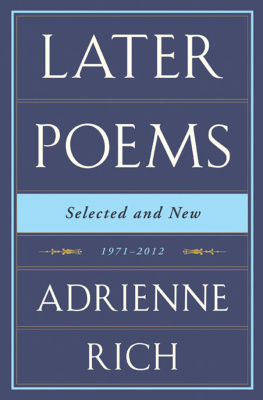
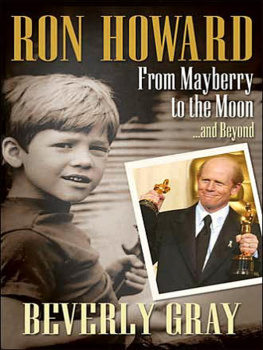

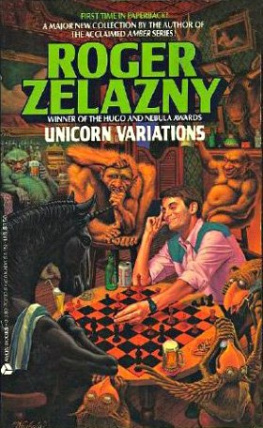
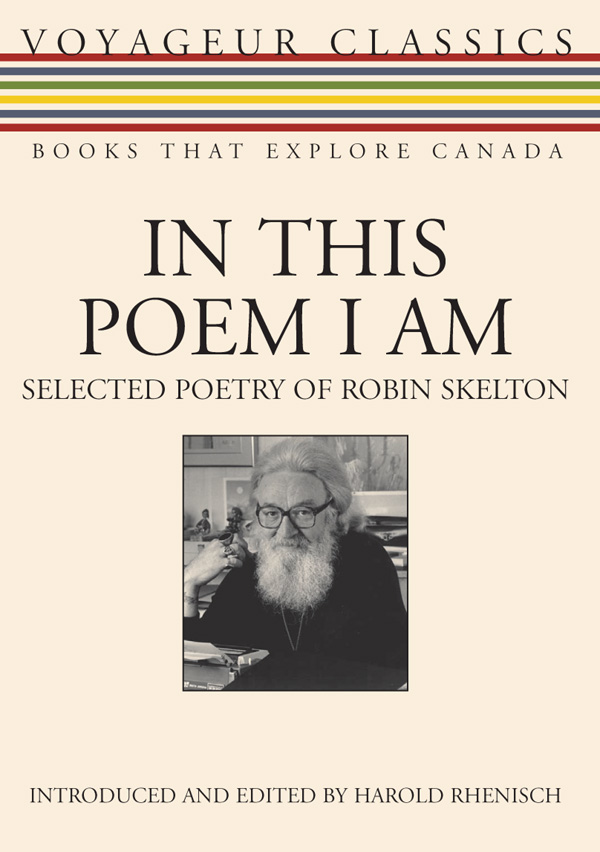
 Copyright Alison Faulkner and Brigid Skelton, 2007 All rights reserved.
Copyright Alison Faulkner and Brigid Skelton, 2007 All rights reserved.  We acknowledge the support of the Canada Council for the Arts and the Ontario Arts Council for our publishing program. We also acknowledge the financial support of the Government of Canada through the Book Publishing Industry Development Program and The Association for the Export of Canadian Books, and the Government of Ontario through the Ontario Book Publishers Tax Credit program, and the Ontario Media Development Corporation. Care has been taken to trace the ownership of copyright material used in this book. The author and the publisher welcome any information enabling them to rectify any references or credits in subsequent editions. J. Kirk Howard, President Printed and bound in Canada.
We acknowledge the support of the Canada Council for the Arts and the Ontario Arts Council for our publishing program. We also acknowledge the financial support of the Government of Canada through the Book Publishing Industry Development Program and The Association for the Export of Canadian Books, and the Government of Ontario through the Ontario Book Publishers Tax Credit program, and the Ontario Media Development Corporation. Care has been taken to trace the ownership of copyright material used in this book. The author and the publisher welcome any information enabling them to rectify any references or credits in subsequent editions. J. Kirk Howard, President Printed and bound in Canada.